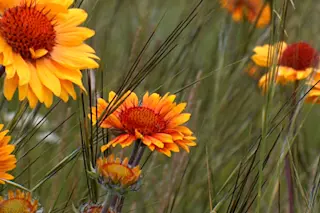We may not think of them as outgoing beings, but it appears that plants have evolved ways to know who is growing nearby. And just like people, some plants do better in a social setting while others prefer the solitary life.
Botanists have observed that many trees do not grow well near members of their own species, but they were uncertain how the trees could tell. A recent study offers an answer. Surprisingly, newly sprouted seeds do not seem to respond directly to chemicals from their mature relatives; rather, they probably react to soil-dwelling microorganisms near the trees’ roots. Biologist Scott Mangan and his colleagues at the Smithsonian Tropical Research Institute found that five tropical tree species grew better in soil collected near another kind of tree than in dirt gathered near their own species. Their aversion probably occurs because the microbial enemies of a given kind of tree set ...















